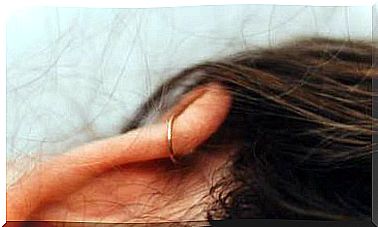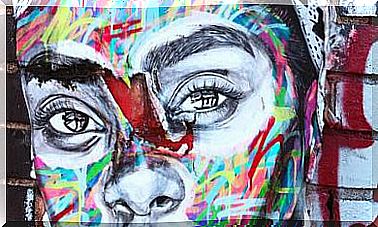Do You Know Your Biological Clock? Respecting The Vital Rhythms Enhances Your Health
Since ancient times, cycles have had great importance in nature and health. Altering them can lead to sleep, metabolic and cardiovascular disorders.

Cycles play a decisive role in nature and humanity has tried to know them and try to adapt to them since time immemorial, whether to sow or harvest crops, put into practice therapeutic techniques or regulate periods of work and rest.
The Egyptians adapted to the rising Nile. We find the light-dark rhythm in Chinese medicine. Hesiod, Aristotle, Galen and medieval Arab doctors wrote about the rhythmic character of vital processes, all connected with traditional knowledge that considered nature as an integrated whole and that has been lost or altered when science has been reduced to merely material aspects. .
Chronobiology: rhythms, biological clocks and synchronizers
However, starting with experiments carried out in the 18th century by the astronomer Jean Jacques Dortous De Mairan and later continued by Christoph Hufeland, William Ogle or, already in the 20th century, by Colin Pittendrigh and Jürgen Aschon, the foundations were slowly being laid. of a new science called chronobiology.
The chronobiological studies a complex system composed of three elements: a multitude of biological rhythms of different duration and characteristics; biological clocks integrated in living beings; and external synchronizers called zeitgeber (time givers, in German).
Biological rhythms: circadian, selenian, and others
The basic cycle is called circadianfor approaching a duration of 24 hours, but all animals and plants, and probably all living beings, have biological rhythms of different durations, from fractions of a second to years.
Another rhythm of great importance for health is the selenian, referred to the week as a quarter of the lunar cycle, which indicates one day of rest for every six days of work, and which was established in ancient times as a way to adapt to the rhythms. cosmic in search of balance and well-being.
Where is the biological clock?
In the 1970s, the biological clock of mammals, including humans, was physically located for the first time : it consists of two small nuclei made up of thousands of neurons and located at the base of the brain above the optic chiasm where they are they cross the nerve fibers that carry visual information.
These nuclei receive information from the light collected in the retinas, process it and send it to a complex network made up of the immune, endocrine, thermoregulatory and neurological systems … thus favoring the synchronization between the external and internal rhythms.
A key role in this synchrony is played by the pineal gland, sixth chakra or third eye in the Hindu tradition, the heavenly eye in the Chinese and the eye of Horus in the Egyptian, all of them hinting at their optical connection.
This basic circadian clock connects to numerous sector clocks throughout the body: liver, lungs, thymus, spleen, or blood cells. Its importance is so great that it develops before birth from its synchronization with the maternal biological clock.
The pineal sensor
The pineal gland collects information from light, the earth’s magnetic field and other fields originated by high-voltage lines or mobile telephony, which gives it a decisive role in health.
It also probably synthesizes dimethyltryptamine, a hallucinogen that could be responsible for dream images.
Chronotherapy, music therapy, and sonopuncture are based in part on their functions.
Synchronizing person and cosmos
Finally, zeitgeber are external stimulators that work by synchronizing with the internal clocks of living beings: temperature, social interactions, pharmacological manipulations or, the most powerful of all, light.
They all condition our biorhythms to a greater or lesser extent and under certain conditions can alter them.
The usefulness of chronobiology
Chronobiology thus adds new elements to the study of diseases and how to treat and prevent them.
It has given rise to new disciplines such as chronodiagnosis, which, among other things, proposes making regular measurements – of blood pressure, for example – instead of punctual ones to make more precise diagnoses.
Or chronopharmacology, which coordinates the periodicity of treatments with the internal clock to increase their effectiveness or reduce unwanted effects.
Many diseases due to the direct effects of alterations in biological rhythms have been documented : sleep disorders or other neurological or psychiatric disorders, aggravation of cardiovascular and metabolic diseases …
Ultimately there is no disorder that is not in some way related or influenced by these cycles. Knowing them and trying to synchronize with them, and in general with the rhythms of nature, will have undoubted benefits for our health.









